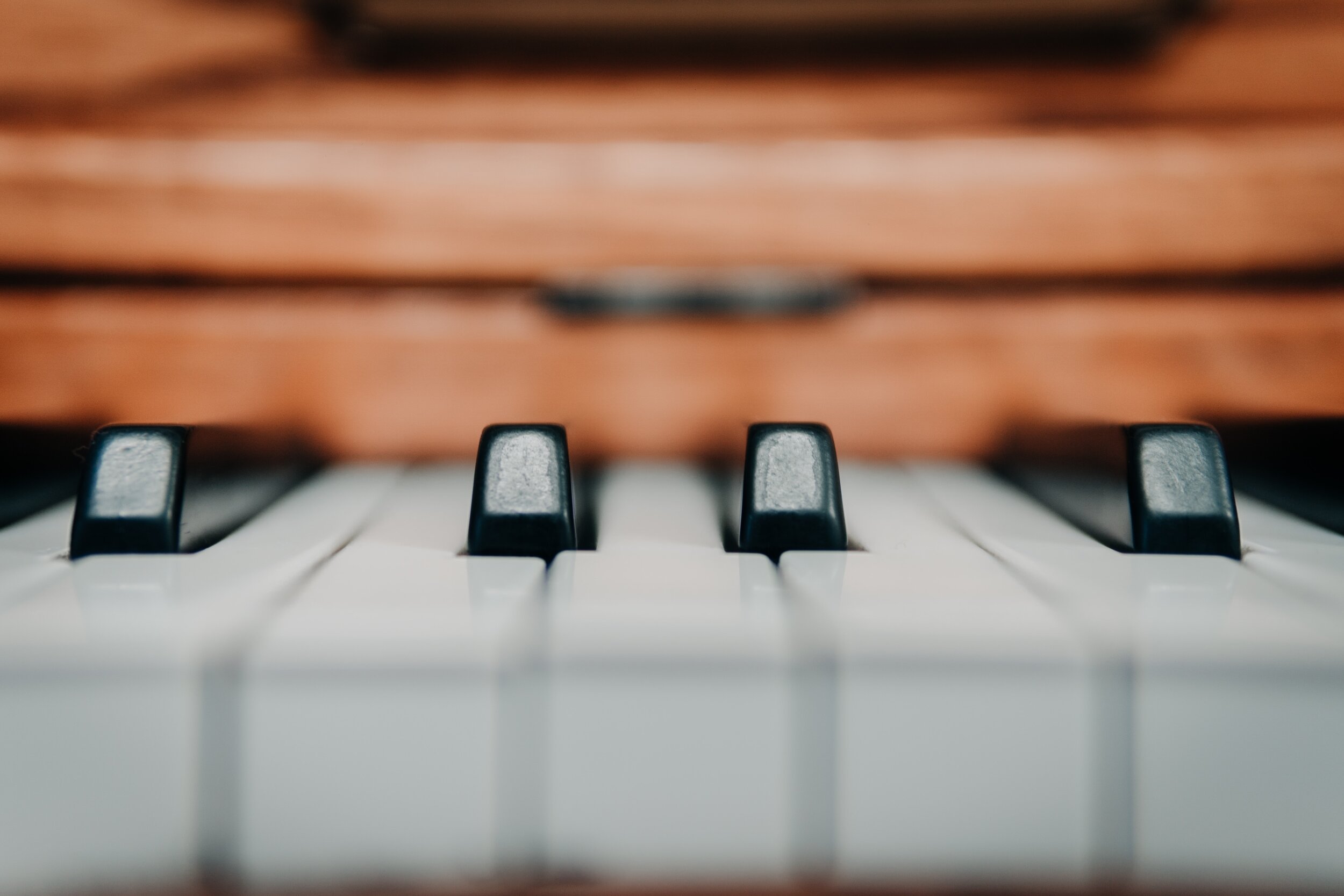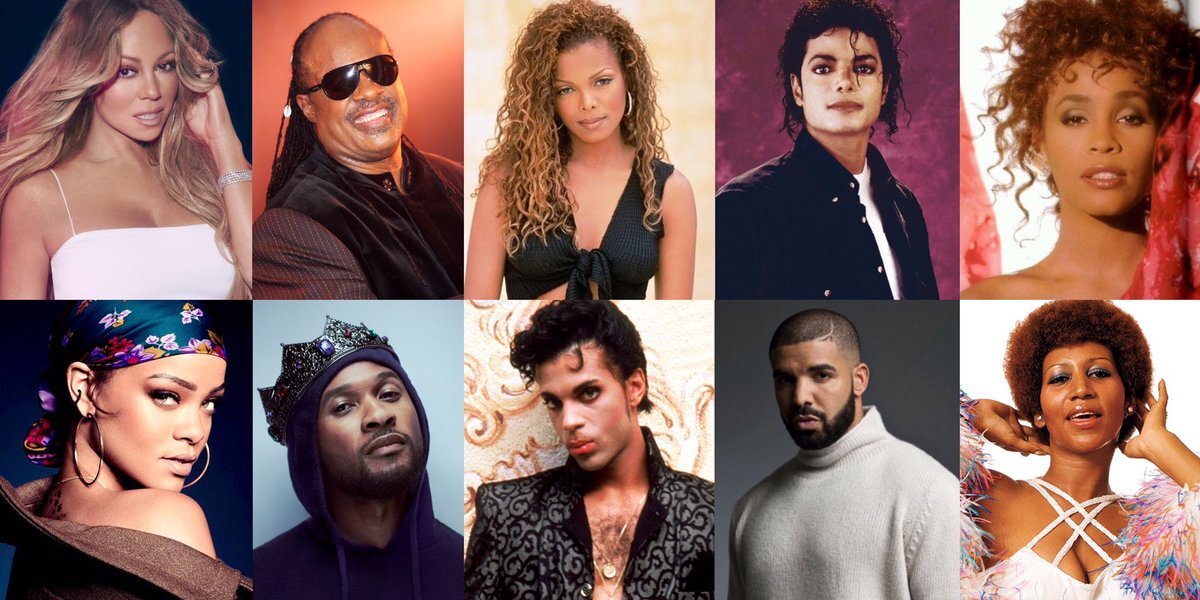
FACULTY OF MUSIC
“I think music in itself is healing. It’s an explosive expression of humanity. It’s something we are all touched by. No matter what culture we’re from, everyone loves music.”
— Billy Joel
Faculty of Music
Vocal | Piano | Guitar | Theory | Application & Audition Preparation Program
These departments are all guided by a progressive and holistic curriculum, with a focus on versatility across many genres. The experience will be tailored to meet the demands of the industry and needs and interests of the students. Those who are serious about honing their craft, will be exposed to different genres and styles, while receiving tutelage in technique related to their instrument, stage performance, interpretation, musicality, and music theory, in both recording and stage principles.
Choose a stream: Enthusiast | Pre-Professional | Professional
For more information on what stream to choose, click here to find out what type of student you are.
SEE THE COURSE SELECTIONS BELOW.
Private Year-Round Courses
The Pillars of Music Performance
Classical
Classical technique will provide a healthy foundation for any style of singing or playing because it trains the singer to use his or her ability in its full capacity in the healthiest, most sustainable way possible. Those pursuing post-secondary studies in Classical Music will be prepared for the rigorous practice schedule required of the classical musician. By learning to sing or play compositions from the past few centuries, the musician better appreciates the evolution of music and its relevance and importance in society today. The student will be exposed to foreign languages as well as poetry in music.
Jazz
Our students will use jazz music to explore the unique qualities of their instrument, learning ways to personalize a song and ultimately discovering their own style through jazz standards. They will enjoy the freedom to go beyond the harmonic progression of a song spontaneously, adding intensity and rhythmic displacement – IE. improvisation. Jazz has permeated musical culture and it is impossible to find someone in the music industry who was not influenced by jazz.
Contemporary
Contemporary music is very important, as it's the pulse of our current time. The plethora of genres like Pop, Rock, R&B, Soul, Funk, Hip Hop and Country to name a few, absorb and influence each other, creating new genres. This phenomena is the bedrock to becoming versatile. Hence, understanding and learning about the history, context and culture aids in communicating your unique story as a musician.
World
They say music is a “Universal Language” and no statement could be truer than that one. Music has the ability to transcend culture and languages where we may not understand what is said but we can universally feel what is being communicated through song. Our students will have the opportunity to explore music of Non-Western cultures and countries developing their cultural sensitivities while enriching the way they interpret and perform music on a global scale.
What Makes A Great Musician?
+ Technique
10,000 hours… that is supposedly the number of hours it takes to “master” a skill. No doubt, it takes time and discipline to master your skill and as a result nothing replaces practicing to hone your technical abilities. In doing such, your virtuosity on your instrument brings you a step closer to being deemed a great musician.
+ Improvisation
Understanding the music you sing or play, brings you freedom to re-create new melodies over an existing chord progression or spur a completely new song altogether in that given moment of singing or playing… IMPROVISATION.
+ Rhythm & Feel
Rhythm is the heartbeat to music. To lock into a groove and "feel" the music as it is played or sung, allows you to be a conduit to the meaning of the music and inevitably express such during a performance. It is important as a musician to have control over this element. Feeling the music allows you to play with others and share within that euphoric experience in a sychronized manner.
+ Performer
Honing your technique is not enough if no one is there to appreciate it. Music is meant to be heard and shared with an audience. As a performer, it is your responsibility to bring stage presence and utilize the effective skill of audience engagement through your communication and emotional connection to the material you are performing. By doing such, the art of performing will be achieved.
+ Academic
Though it can be argued that some of the greatest musicians never received formal training in music theory, the counter to such is that they naturally possessed knowledge unbeknown to them to create their master pieces. In a day and age where knowledge is even more accessible, it is no longer enough to rely on “natural ability”. It is important one engages in academic discourse to embolden their practical skills with theoretical skills such as Theory Rudiments, Harmony, History, Composition, Arranging, Songwriting, Digital Production, Business & Marketing and so much more.
+ Versatile
Being great at ONE thing tends to supersede being good at MANY things but in music, some of the greatest musicians were influenced by many styles to develop their sound. Exploring repertoire across many styles and genres will lead you to finding your sound. Listening to other artists and exploring their music both aurally and practically, shapes a more well-rounded and versatile musician. This tends to lead to having access to more work opportunities in the industry.
+ Aural & Musicianship Skills
Developing an acute aural sensitivity to music compounded with the knowledge gained from theoretical studies in music creates a superior musician that can identify pitches, chords or rhythms without sheet music given to them; that can comfortably sight sing or read a piece of music without prior practice; and that can sensibly sing or play music with a finesse dictated by the style or genre of music.













